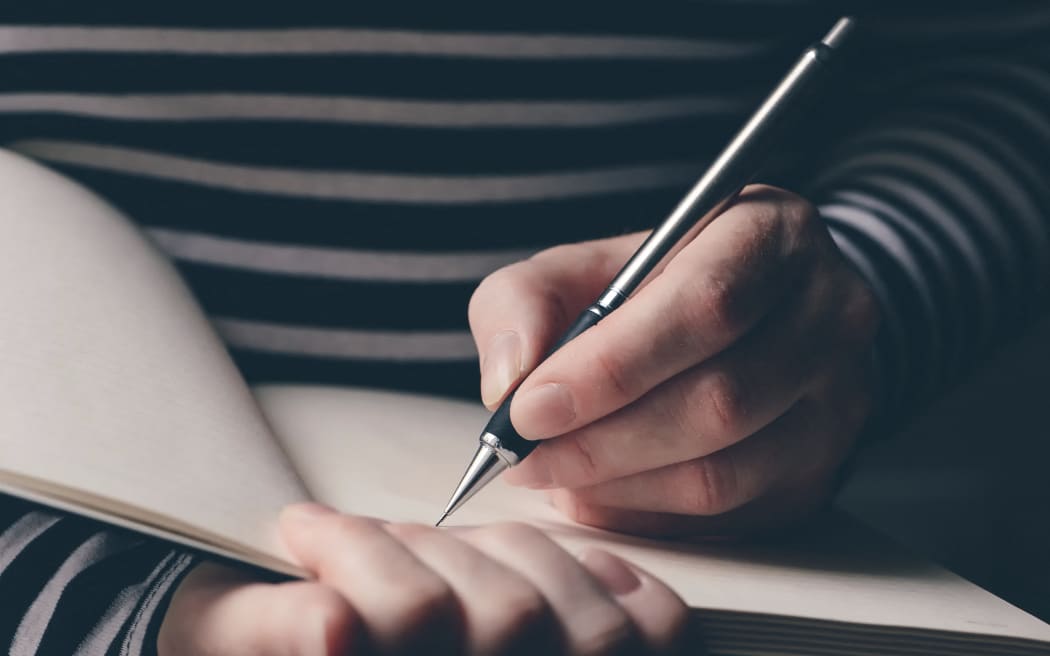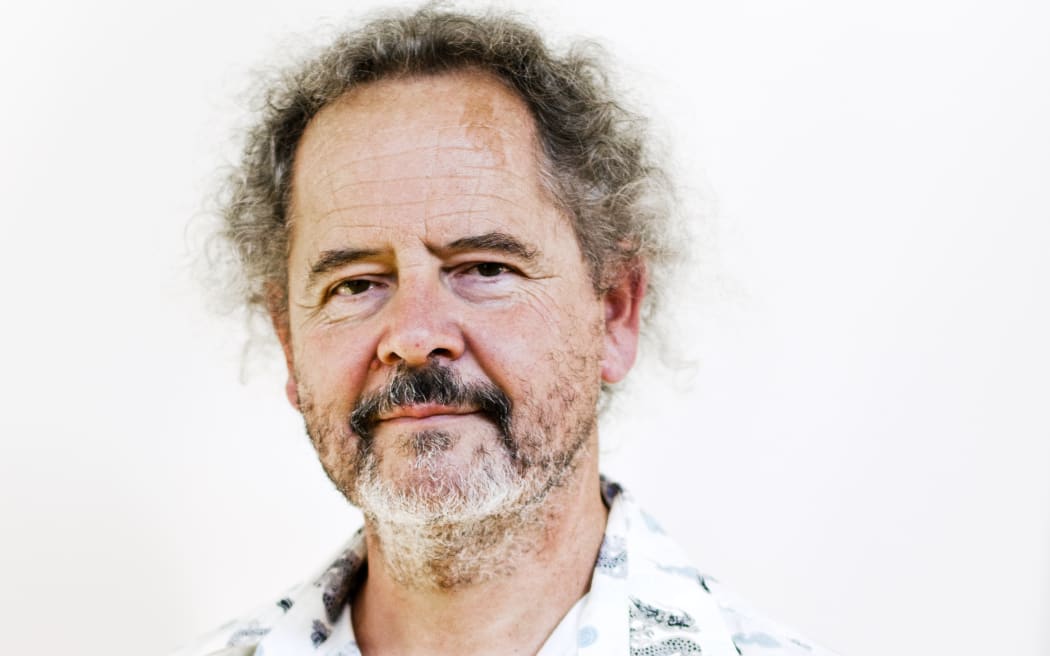
Photo: IGOR STEVANOVIC / SCIENCE PHOTO
"Very few" book authors make a living as a full-time writer in New Zealand, with a 10 percent royalty rate in a small market barely paying the bills.
The finalists for the Ockham Book Awards are being revealed on Wednesday morning, celebrating the finest in modern New Zealand literature.
But awards don’t pay the rent, and when it comes to getting paid, RNZ Nights asked Te Herenga Waka Victoria University Press publisher Fergus Barrowman how much of the price of a book actually goes to the writer.
Barrowman says there are "very, very few" writers who make a living solely from writing books.
"And that’s because we’re a small country and we don’t have large numbers of readers."
He says writers put together a living through various means, and while book sales were certainly a part of that, the writer generally got 10 percent of the retail price of a book.

Fergus Barrowman, editor and publisher at Victoria University Press. Photo: Victoria Birkinshaw
He said while there were lots of variables, another 40 percent usually goes to the retailer; 20 percent covers the cost of distribution and sales; 20 percent goes to the manufacturing process; and the publisher gets the final 10 percent.
Barrowman says for a book retailing at $40, an author would need to sell 10,000 copies just to make minimum wage, (with a book on average taking 1-2 years to write).
"Lots of the print runs in this country are 1000-3000, and 5000 copies is a bestseller, so it’s only the really remarkable and lucky writers who can make a living from their royalties."
Writers can get paid advances by publishers, who wear the cost if sales don’t cover that advance. But Barrowman points out that authors then may find it difficult to sell their next book, and that not all writers get an advance, especially with specialist books or small print runs.
He said the reward for success was proportionally bigger overseas, and the royalty paid to authors could go up if sales took off.
“But you don’t get that very often in New Zealand, because print runs aren’t big enough for that extra margin.”
E-book prices do tend to be lower and the royalty can be a higher percentage, but Barrowman says there are still costs like editing and typesetting for e-books.
Barrowman says there is one more source of income for New Zealand writers, if they can get their books on the shelves of the country’s libraries.
"As long as a writer gets royalties and has at least 50 copies of the book in the library system through the country, they will get an annual payment from the government.
"It’s not a huge amount of money, but it’s a really welcome part of a writer’s earnings."

